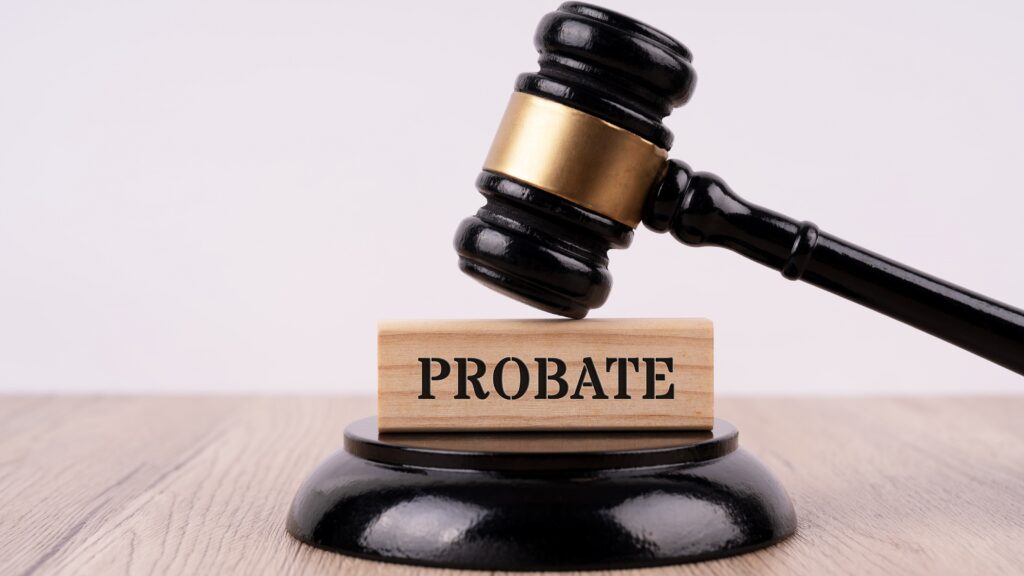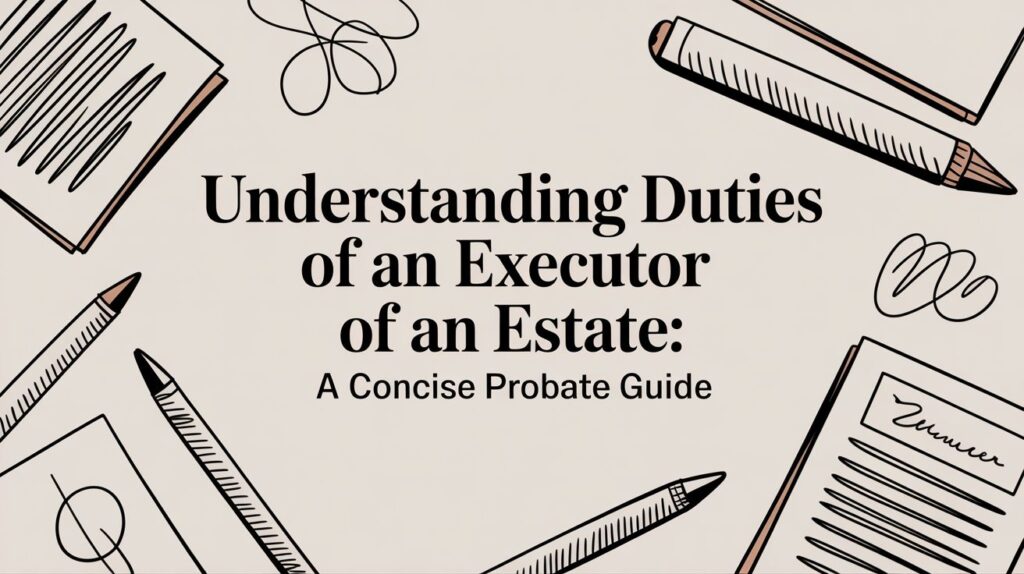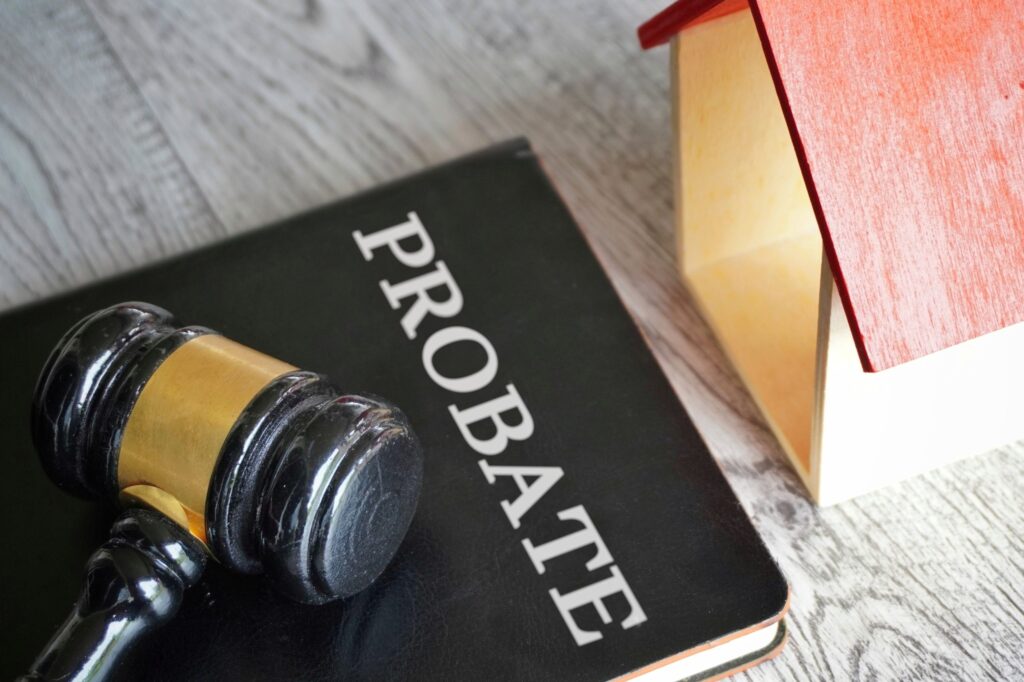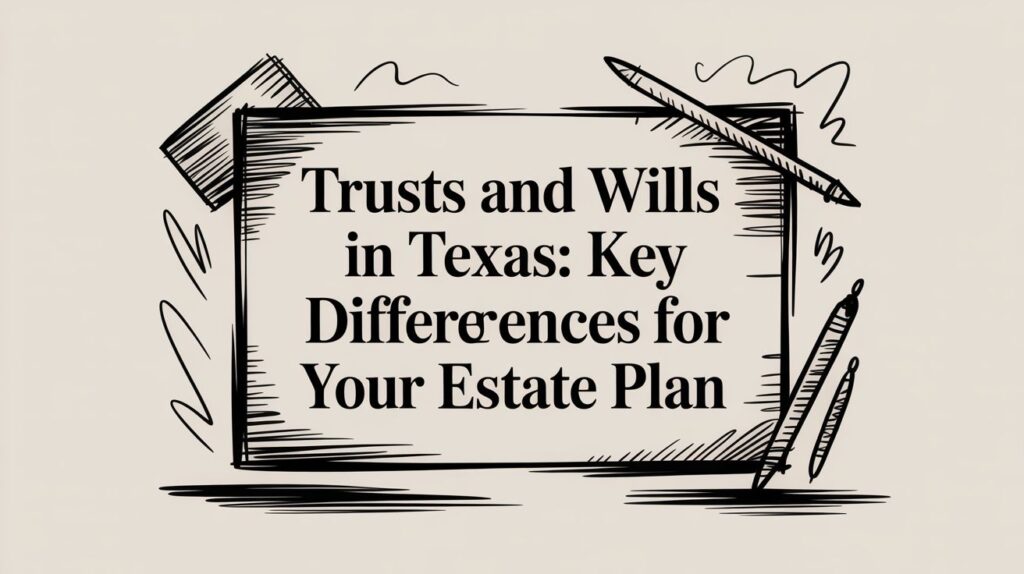If you’re wondering what are non probate assets in Texas, you’re likely trying to figure out how to protect your estate and spare your loved ones from the long, costly probate process. The truth is, understanding non probate assets can save your family time, stress, and money—and if you’re in Texas, there are unique state laws that make this topic especially important to explore.
In this comprehensive and easy-to-follow guide, we’ll unpack exactly what non probate assets are, how they work in Texas, why they matter, and how to update and maintain them properly. We’ll walk through real-life scenarios, provide clarity on legal terms, and offer a practical, step-by-step roadmap that empowers you to take control of your estate planning today.

First Things First: What Is Probate in Texas?
Before we dive into what are non probate assets in Texas, let’s quickly review what probate even is. Probate is the legal process by which a court verifies a person’s will (if one exists), appoints an executor, settles any debts, and distributes the remaining assets to heirs.
In Texas, probate can be smoother than in many other states thanks to independent administration, but it can still take months—or even longer—especially if the estate is complex or disputed.
But here’s the good news: Not all assets have to go through probate. That’s where non probate assets come in.
So, What Are Non Probate Assets in Texas?
Simply put, non probate assets in Texas are assets that bypass the court process and pass directly to a beneficiary when the owner dies. These assets are set up in a way that legally designates who will inherit them, so there’s no need for a judge to get involved.
These assets transfer automatically, often within weeks, and are not frozen during the probate process. That’s a major relief for families who need quick access to funds or property after a loved one passes.
Common Types of Non Probate Assets in Texas
Let’s get into specifics. If you’re wondering what are non probate assets in Texas, here’s a breakdown of the most common examples:
- Jointly Owned Property with Right of Survivorship – If two people own property jointly and one passes away, the surviving owner automatically becomes the full owner. This applies to real estate, bank accounts, and other jointly titled assets.
- Payable-on-Death (POD) Accounts – These are bank accounts that name a beneficiary. When you pass, the money goes straight to the person you’ve listed.
- Transfer-on-Death (TOD) Accounts – These apply to investment and brokerage accounts. Similar to PODs, they bypass probate and go directly to the designated person.
- Life Insurance Policies – As long as a beneficiary is named, the payout from a life insurance policy does not go through probate.
- Retirement Accounts (IRAs, 401(k)s) – These also skip probate if a beneficiary is listed.
- Trusts – Assets placed in a properly funded living trust do not go through probate.
If any of these sound familiar, you already have non probate assets in Texas—but the key is to keep them up to date and properly structured.
Real-Life Scenario: Why Non Probate Assets Matter
Imagine this: Maria, a Houston resident, passes away and leaves behind a checking account, a house, and a 401(k). Her will leaves everything to her son, Alex.
The checking account, though, was a POD account, with Alex already named as the beneficiary. That money is in Alex’s hands within two weeks.
Her house, however, was only in Maria’s name. That property goes through probate and takes 8 months before Alex can sell or refinance it.
Her 401(k), with no beneficiary named, ends up tied up in court, as the probate judge has to determine who it belongs to.
This story could’ve gone much smoother. If Maria had set up a Transfer-on-Death Deed for her home and updated her 401(k) beneficiary, almost all her assets would’ve skipped probate entirely.
Why You Should Care About Non Probate Assets in Texas
Here’s the thing—Texas residents often assume that having a will is enough. While a will is important, it does not automatically keep your estate out of probate.
Non probate assets are crucial if:
- You want to avoid costly legal fees and court delays
- You have a blended family and want to protect your children’s inheritance
- You’re single and want to make sure assets go to friends or a charity
- You want to make the process simpler for your loved ones during an already difficult time
Understanding what are non probate assets in Texas gives you the power to make informed decisions about how your estate is handled.
How to Update Non Probate Assets in Texas
Owning non probate assets is only part of the equation. The real value comes from maintaining and updating them regularly. Let’s look at how.
Step 1: Review All Beneficiary Designations
Go through your bank accounts, insurance policies, retirement plans, and investment accounts. Ask yourself:
- Do I have a beneficiary listed?
- Is that person still who I want to inherit this asset?
- Is there a backup (contingent) beneficiary listed?
It’s common for people to forget to update these after a divorce, marriage, or the birth of a child.
Example: John set up a life insurance policy ten years ago with his ex-wife as the beneficiary. He’s now remarried, but never updated the designation. If he dies today, guess who gets the money? Not his current spouse.
Step 2: Create or Update POD and TOD Accounts
Ask your bank and investment company if your accounts qualify for Payable-on-Death or Transfer-on-Death designations. Setting these up usually takes just a few minutes and requires no legal paperwork.
It’s one of the simplest ways to create non probate assets in Texas.
Step 3: Use a Transfer-on-Death Deed for Real Estate
Texas is one of the few states that allows a Transfer-on-Death Deed. This document allows you to name someone who will automatically inherit your home or land when you die—no court required.
The deed must be signed and recorded while you’re still alive, but you retain full control over the property while you’re living.

Step 4: Consider a Living Trust
If you have a more complex estate, a living trust might be the best option. You can place assets like property, bank accounts, and investments into the trust and retain control during your lifetime.
When you pass away, your successor trustee distributes the assets according to your instructions—without probate.
Mistakes to Avoid with Non Probate Assets in Texas
Now that you know what are non probate assets in Texas, let’s make sure you don’t fall into some common traps.
Not Naming a Beneficiary at All
It happens more than you think. People open an IRA or buy life insurance and forget to name anyone. Or they leave the section blank, thinking they’ll come back to it later.
Solution: Check every account and make sure a beneficiary (and contingent) is listed.
Naming a Minor as a Beneficiary
If a minor inherits a non probate asset, the court might have to appoint a guardian—defeating the purpose of skipping probate.
Solution: Set up a trust for the child and name the trust as the beneficiary.
Conflicting Documents
Let’s say your will leaves everything to your daughter, but your bank account has your son as the POD beneficiary. The bank account goes to your son—no matter what the will says.
Solution: Make sure your will and beneficiary designations align with your current wishes.
How Often Should You Review Non Probate Assets in Texas?
At a minimum, review everything every 2–3 years. However, certain life events should trigger an immediate update:
- Marriage or divorce
- Birth or adoption of a child
- Death of a beneficiary
- Major financial changes
- Moving to a different state
By regularly maintaining your assets, you ensure they continue to reflect your intentions.
The Role of Estate Planning Professionals
While setting up non probate assets in Texas can be DIY-friendly in many cases, there are situations where professional help is invaluable.
When to Consult an Attorney or Advisor
- You have a large or complex estate
- You’re concerned about Medicaid planning or nursing home costs
- You want to protect a child with special needs
- You’ve had more than one marriage or blended family
- You own a business or multiple properties
An experienced estate planning attorney can help you create a custom strategy that ensures your non probate and probate assets work together seamlessly.

Final Thoughts: Empowering Your Legacy
So, what are non probate assets in Texas? They’re your secret weapon for protecting your estate, streamlining the inheritance process, and giving your loved ones peace of mind.
Understanding what qualifies as non probate, keeping beneficiary designations updated, and using tools like TOD deeds and trusts can drastically reduce the burden on your family after you’re gone.
It’s not just about money—it’s about clarity, control, and compassion. The choices you make today can prevent confusion, conflict, and court dates tomorrow.
By taking the time to update and maintain your non probate assets in Texas, you’re doing more than managing finances. You’re building a thoughtful, secure legacy—and that’s a gift that truly matters.








